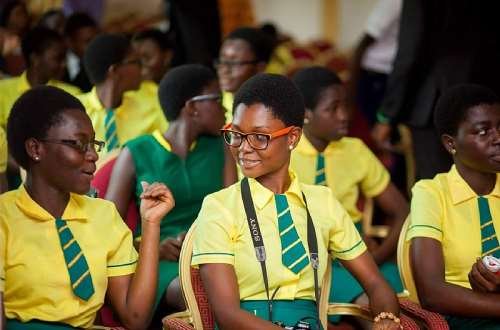The coalition of Muslim organizations (COMOG) has thrown its weight behind a groundbreaking lawsuit filed against Wesley Girls’ Senior High School, accusing the institution of systematic religious discrimination against Muslim students.
The case, spearheaded by private legal practitioner Shafiq Usman, has been filed at the Supreme Court under Articles 21(b) and 131(a) of Ghana’s 1992 Constitution.
The suit names Wesley Girls’ High School, the Ghana Education Service, and the Attorney General as respondents, alleging that policies restricting Muslim students from practicing their faith and compelling adherence to Methodist practices violate constitutional rights.
Speaking on the legal implications of the case, private legal practitioner Wayoe Ghanamanti Esq commended the approach taken by Usman, stating that the case has firm constitutional grounding.
“If Wesley Girls is a Methodist school, and it admits students from other faiths, it cannot compel them to conform to Methodist practices,” Ghanamanti said. “Article 21 of the Constitution guarantees freedoms of thought, conscience, belief, and association, and these are fundamental rights that must be upheld.”
Shams Shaibu, spokesperson for the Coalition of Muslim Organizations (COMOG), also voiced strong support for the lawsuit. He emphasized that religious freedom is enshrined in Ghana’s Constitution, and any attempt to curtail such freedoms constitutes a violation of the law.
“The manifestation of religion on campus is protected by law,” Shaibu stated. “Denying Muslim students the right to practice their faith is an infraction of the Constitution. Ghanaians must stand up against such actions, as they could sow seeds of discord in our society.”
Shaibu further argued that if Wesley Girls’ High School wishes to operate as a strictly Methodist institution, it should cease receiving government funding. “As long as the school is subsidized by the state, it is legally obligated to treat all students equally, regardless of their religious backgrounds,” he said. “Muslims, Christians, and people of other faiths all contribute to state coffers through taxes, and public institutions must reflect that diversity.”




